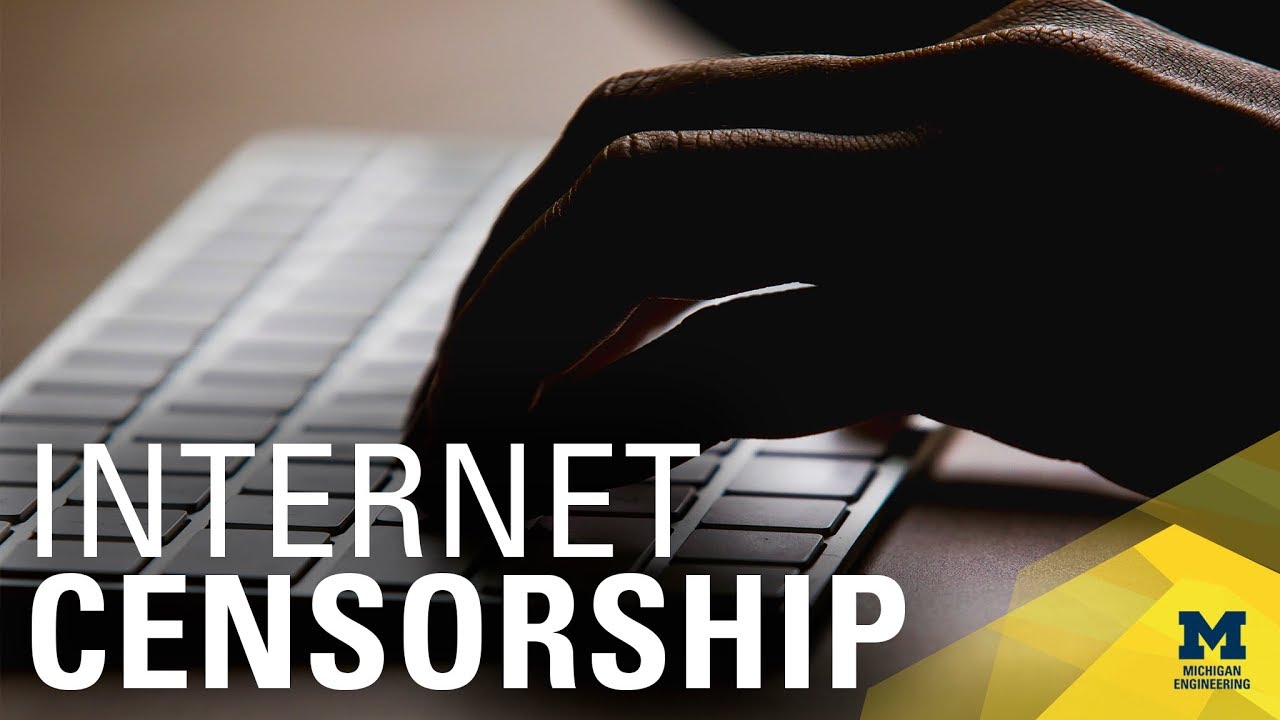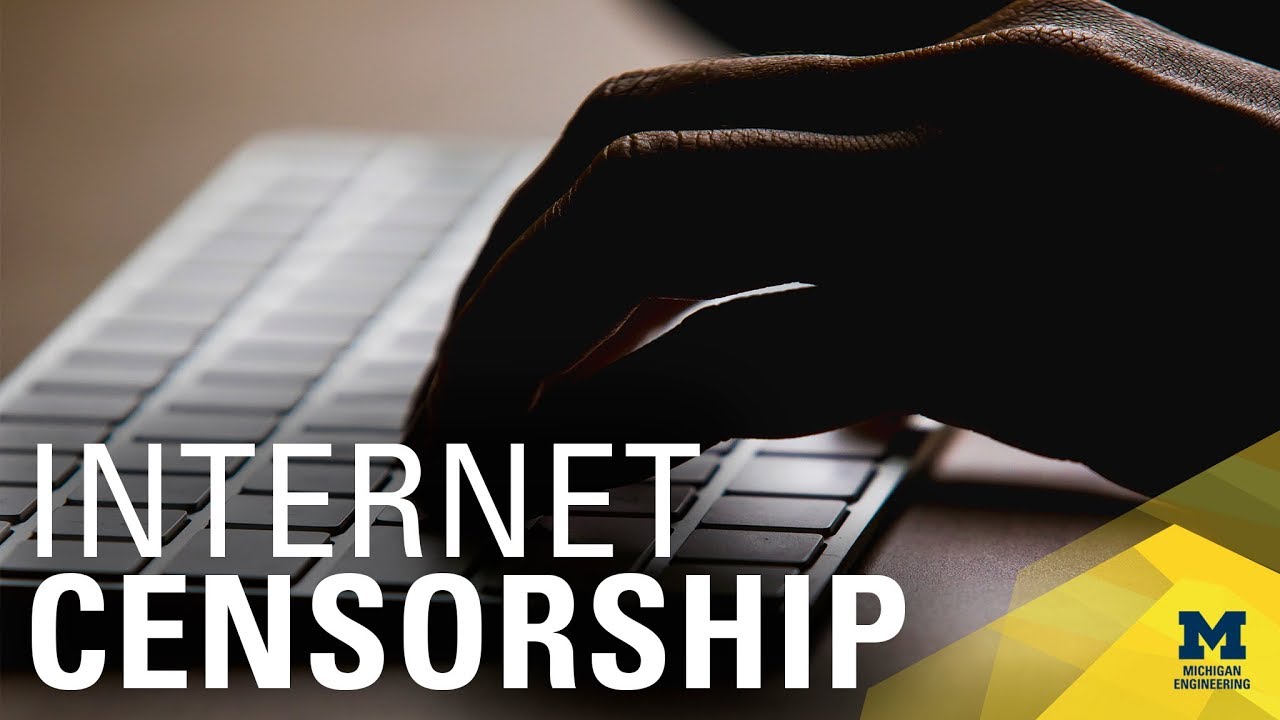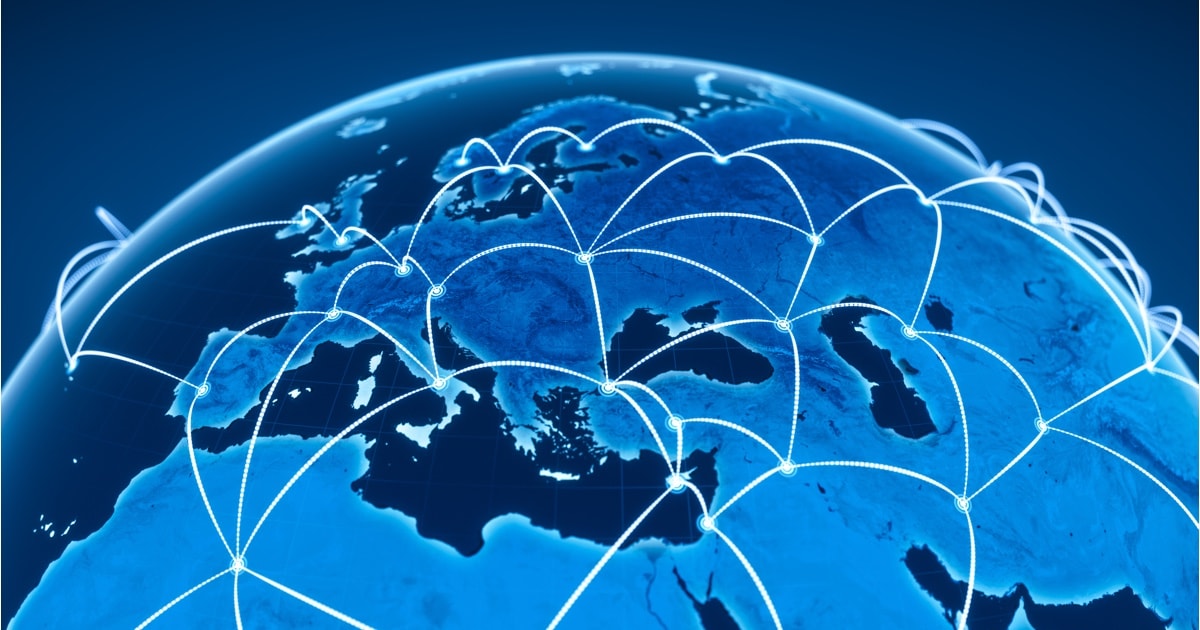
The Dark Side of the Internet: When Websites Go Dark
 The internet, but not as we know it
The internet, but not as we know it
In a world where information is power, some websites are forced to shut their virtual doors to certain users. The dreaded Error 451: a message that strikes fear into the hearts of internet users everywhere. But what does it really mean, and why are some websites unavailable in certain locations?
The internet, often touted as a bastion of freedom and openness, is not as free as we think. Geographical restrictions, censorship, and legal hurdles can all contribute to a website’s inaccessibility. But what’s behind this phenomenon, and what does it mean for the future of the internet?
The Great Firewall of Everywhere
Imagine trying to access a website, only to be met with a cryptic error message: “This website is unavailable in your location.” It’s a frustrating experience, to say it mildly. But why does it happen? The reasons are complex and multifaceted, ranging from government censorship to copyright laws.
“The internet is the first thing that humanity has built that humanity doesn’t understand, the largest experiment in anarchy that we have ever had.” - Eric Schmidt
In some countries, governments impose strict internet regulations, blocking access to certain websites and services. It’s a cat-and-mouse game, with authorities trying to stay one step ahead of tech-savvy citizens who find ways to circumvent these restrictions.
 Censorship: the silent killer of internet freedom
Censorship: the silent killer of internet freedom
The Legal Landscape
But it’s not just governments that are to blame. Copyright laws and licensing agreements can also limit access to certain websites. In the United States, for example, some websites are only available to users within the country’s borders. It’s a complex web of legal agreements and territorial restrictions that can leave users feeling frustrated and disconnected.
The internet, divided by borders
The Future of the Internet
So what does the future hold for the internet? Will we see a more fragmented online world, with different regions and countries operating in isolation? Or will we find a way to overcome these barriers and create a truly global internet?
One thing is certain: the internet is a powerful tool that has the potential to unite humanity like never before. But it’s up to us to ensure that it remains a force for good, rather than a tool for control and censorship.
 The internet, united
The internet, united












